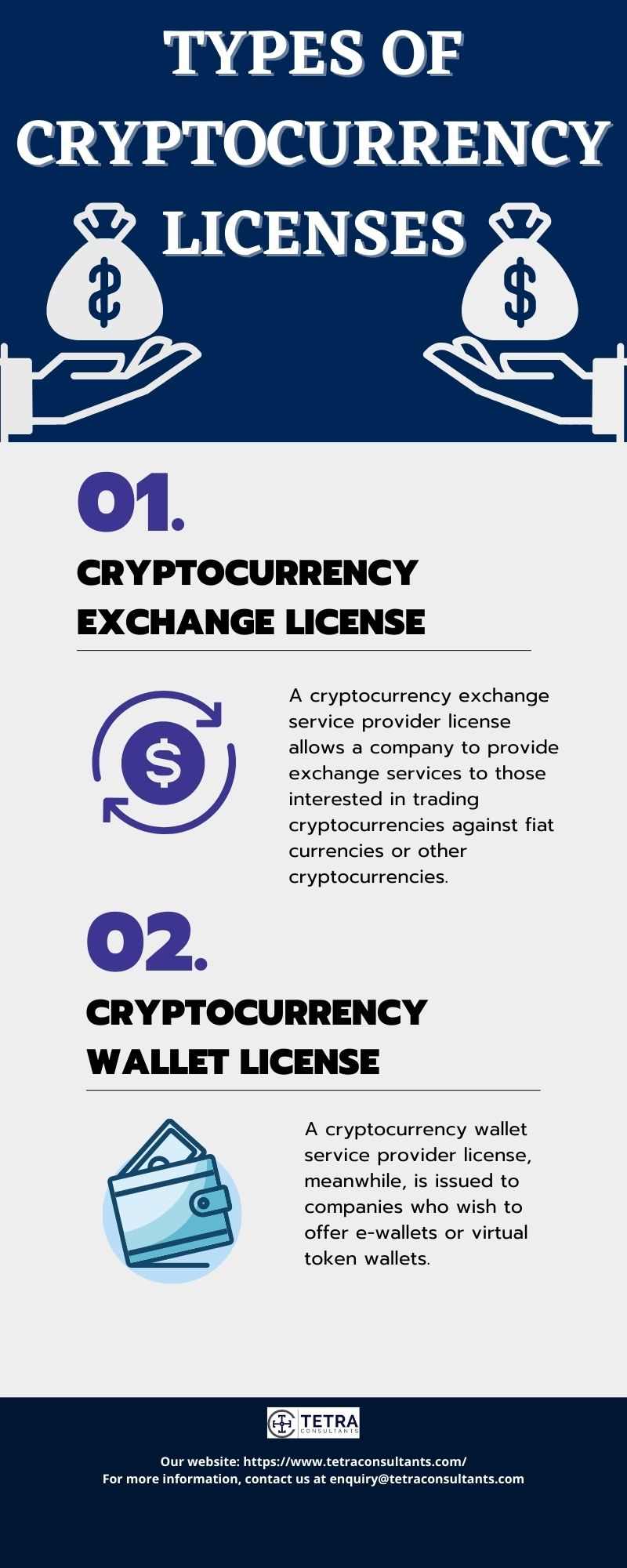Crypto Exchange Licensing Requirements

- Understanding the Importance of Crypto Exchange Licensing
- Key Factors to Consider When Applying for a Crypto Exchange License
- Regulatory Compliance: Navigating the Complex World of Crypto Exchange Licensing
- Comparing Licensing Requirements Across Different Jurisdictions
- Challenges Faced by Crypto Exchanges in Meeting Licensing Requirements
- The Future of Crypto Exchange Regulation: Trends and Predictions
Understanding the Importance of Crypto Exchange Licensing
Understanding the importance of crypto exchange licensing is crucial for both investors and operators in the cryptocurrency market. Licensing ensures that exchanges comply with regulations, which helps protect users from fraud and other risks. It also adds credibility to the exchange, making it more attractive to potential investors.
Having a crypto exchange license demonstrates that the platform is legitimate and trustworthy, which can help attract more users and increase trading volume. Additionally, licensed exchanges are more likely to establish partnerships with banks and other financial institutions, making it easier to facilitate fiat transactions.
Regulatory authorities around the world are increasingly focusing on crypto exchange licensing requirements to prevent money laundering, terrorist financing, and other illegal activities. By obtaining a license, exchanges show their commitment to upholding these standards and protecting the integrity of the financial system.
Overall, crypto exchange licensing plays a vital role in ensuring the long-term sustainability and growth of the cryptocurrency market. It provides a framework for exchanges to operate within legal boundaries, fostering trust among users and regulators alike. As the industry continues to evolve, licensing will remain a key factor in shaping its future.
Key Factors to Consider When Applying for a Crypto Exchange License
When considering applying for a crypto exchange license, there are several key factors that you should take into account to ensure a successful application process. One important factor to consider is the regulatory environment in the jurisdiction where you plan to operate. It is crucial to understand the specific requirements and regulations that govern crypto exchanges in that particular region.
Another important factor to consider is the security measures that you have in place to protect your users’ funds and data. Security is a top priority in the crypto industry, and regulators will want to see that you have robust security protocols in place to prevent hacking and other cyber threats.
Additionally, you should consider the compliance requirements that you will need to meet in order to obtain a crypto exchange license. This may include conducting thorough KYC (Know Your Customer) and AML (Anti-Money Laundering) checks on your users, as well as reporting requirements to ensure transparency and accountability.
Furthermore, you should also consider the financial stability of your exchange and whether you have the necessary capital reserves to operate a successful exchange. Regulators will want to see that you have the financial resources to cover any potential losses and that you have a sustainable business model.
In conclusion, when applying for a crypto exchange license, it is important to consider the regulatory environment, security measures, compliance requirements, and financial stability of your exchange. By addressing these key factors, you can increase your chances of obtaining a license and operating a successful crypto exchange.
Regulatory Compliance: Navigating the Complex World of Crypto Exchange Licensing
When it comes to operating a cryptocurrency exchange, navigating the regulatory landscape can be a daunting task. Regulatory compliance is crucial in the world of crypto exchange licensing, as failure to adhere to the necessary regulations can result in severe consequences. Understanding the complex requirements for obtaining a license is essential for ensuring the legitimacy and legality of your exchange.
One of the key aspects of regulatory compliance for crypto exchanges is obtaining the necessary licenses from regulatory authorities. These licenses may vary depending on the jurisdiction in which you operate, but common requirements include anti-money laundering (AML) and know your customer (KYC) regulations. Ensuring that your exchange is compliant with these regulations is essential for maintaining the trust and confidence of your users.
In addition to obtaining the necessary licenses, crypto exchanges must also adhere to strict security protocols to protect user funds and data. Implementing robust security measures, such as encryption and multi-factor authentication, is essential for safeguarding against cyber threats and hacks. Failure to adequately protect user funds can result in significant financial losses and damage to your exchange’s reputation.
Furthermore, regulatory compliance extends beyond obtaining licenses and implementing security measures. Crypto exchanges must also comply with tax regulations and reporting requirements to ensure transparency and accountability. Failing to report transactions or pay taxes can result in legal action and penalties, so it is essential to stay informed about the tax laws that apply to your exchange.
In conclusion, navigating the complex world of crypto exchange licensing requires a thorough understanding of regulatory compliance. By obtaining the necessary licenses, implementing robust security measures, and complying with tax regulations, you can ensure the legitimacy and legality of your exchange. Prioritizing regulatory compliance is essential for building trust with users and safeguarding against potential risks and liabilities.
Comparing Licensing Requirements Across Different Jurisdictions
When comparing **licensing requirements** for **crypto exchanges** across different jurisdictions, it is important to consider the varying regulations in place. In some countries, such as the United States, **crypto exchanges** must register with the Financial Crimes Enforcement Network (FinCEN) and obtain a Money Services Business (MSB) license. This process involves thorough background checks and compliance with anti-money laundering (AML) and know your customer (KYC) regulations.
On the other hand, countries like Japan have implemented a licensing system specifically for **crypto exchanges** through the Financial Services Agency (FSA). **Crypto exchanges** in Japan must meet strict security and operational standards to obtain a license, ensuring the protection of customer funds and data. Additionally, **crypto exchanges** in Japan are required to undergo regular audits to maintain compliance with regulations.
In contrast, some jurisdictions have taken a more hands-off approach to **crypto exchange** licensing. For example, countries like Malta and Gibraltar have established themselves as **crypto-friendly** **jurisdictions** by creating a regulatory framework that is conducive to **crypto** businesses. While **crypto exchanges** in these countries are still subject to **AML** and **KYC** regulations, the licensing process is generally more streamlined and less stringent.
Overall, the **licensing requirements** for **crypto exchanges** vary significantly across different **jurisdictions**. It is essential for **crypto** businesses to carefully research and understand the regulations in each **jurisdiction** where they operate to ensure compliance and avoid any potential legal issues. By staying informed and proactive, **crypto exchanges** can navigate the complex **regulatory** landscape and establish themselves as reputable and trustworthy **entities** in the **cryptocurrency** industry.
Challenges Faced by Crypto Exchanges in Meeting Licensing Requirements
Meeting licensing requirements can be a significant challenge for crypto exchanges. One of the main obstacles is the lack of clear regulatory guidelines in many jurisdictions. This ambiguity makes it difficult for exchanges to understand what is expected of them and how to comply with the regulations. Additionally, the constantly evolving nature of the cryptocurrency industry means that regulations are often outdated by the time they are implemented.
Another challenge faced by crypto exchanges is the high cost associated with obtaining and maintaining licenses. The fees for applying for a license can be prohibitively expensive, especially for smaller exchanges with limited resources. In addition to the initial costs, there are also ongoing compliance costs that can quickly add up. This financial burden can make it difficult for exchanges to operate profitably.
Furthermore, the complex and time-consuming nature of the licensing process can also pose challenges for crypto exchanges. The application process often requires exchanges to provide extensive documentation and undergo thorough background checks. This can be a lengthy and arduous process, taking up valuable time and resources that could be better spent on other aspects of the business.
The Future of Crypto Exchange Regulation: Trends and Predictions
As the cryptocurrency market continues to evolve, so do the regulations surrounding crypto exchanges. It is essential for crypto exchange operators to stay informed about the latest trends and predictions in regulatory requirements to ensure compliance and avoid potential legal issues.
One of the key trends in crypto exchange regulation is the increasing focus on licensing requirements. Regulators around the world are starting to implement stricter licensing requirements for crypto exchanges to enhance transparency and protect investors. This trend is expected to continue as regulators seek to bring more legitimacy to the cryptocurrency market.
Another prediction for the future of crypto exchange regulation is the harmonization of regulations across different jurisdictions. As the cryptocurrency market becomes more globalized, regulators are likely to work together to create a more consistent regulatory framework for crypto exchanges. This could help reduce regulatory arbitrage and create a more level playing field for market participants.
Overall, the future of crypto exchange regulation is likely to involve a combination of stricter licensing requirements and increased international cooperation among regulators. Crypto exchange operators should stay informed about these trends and predictions to ensure compliance with evolving regulatory requirements.



